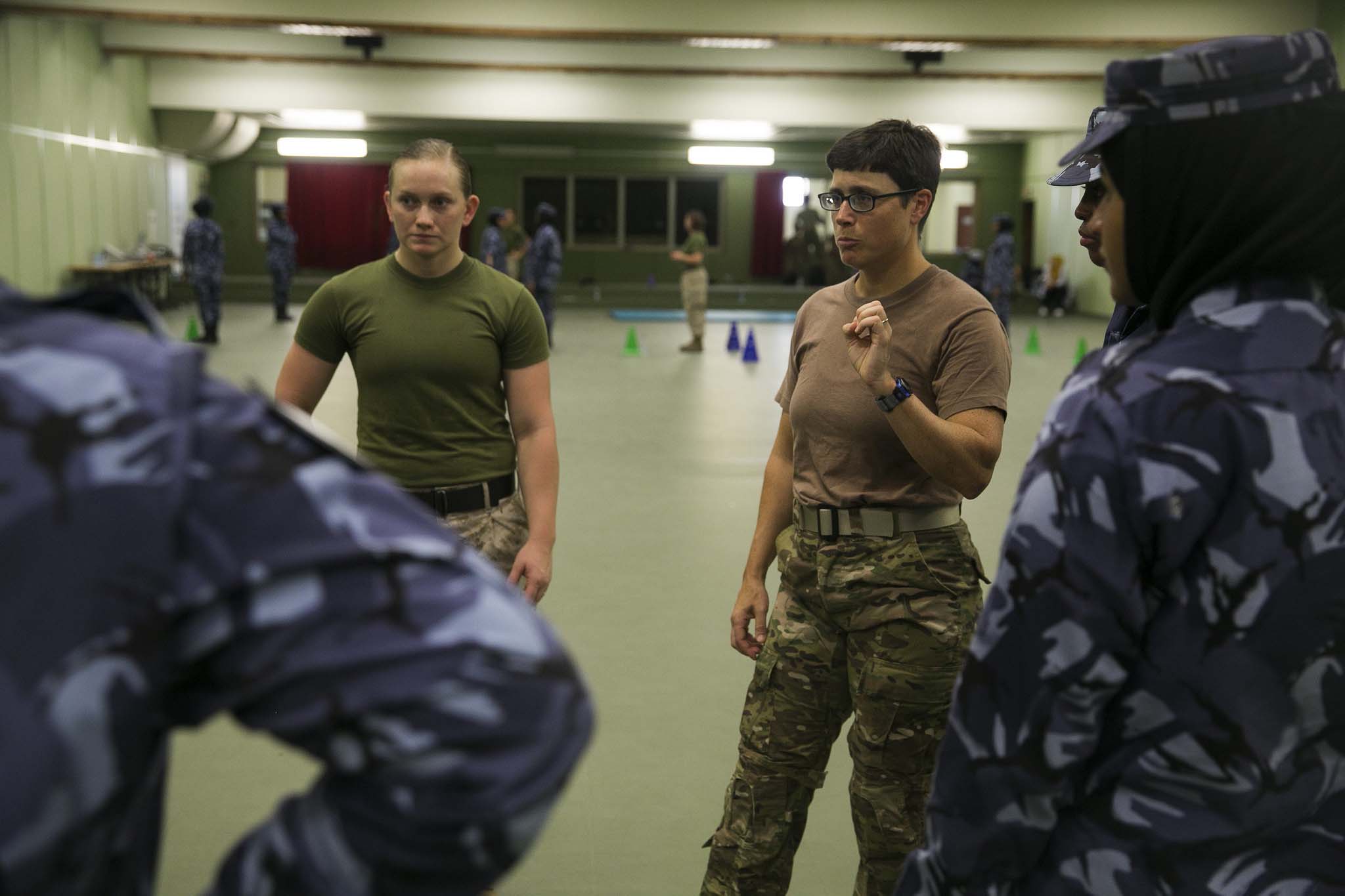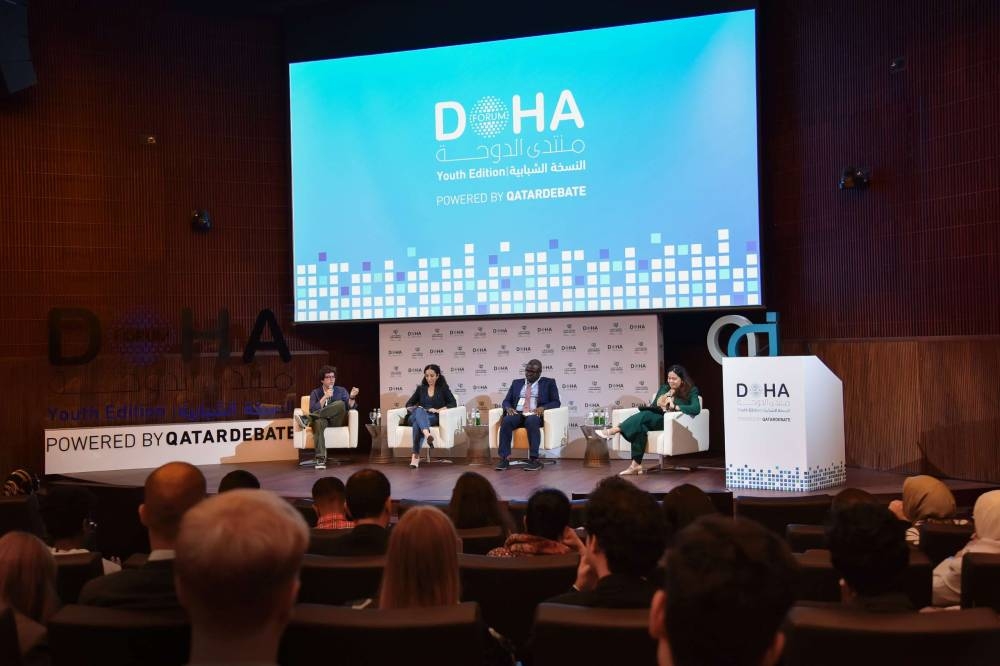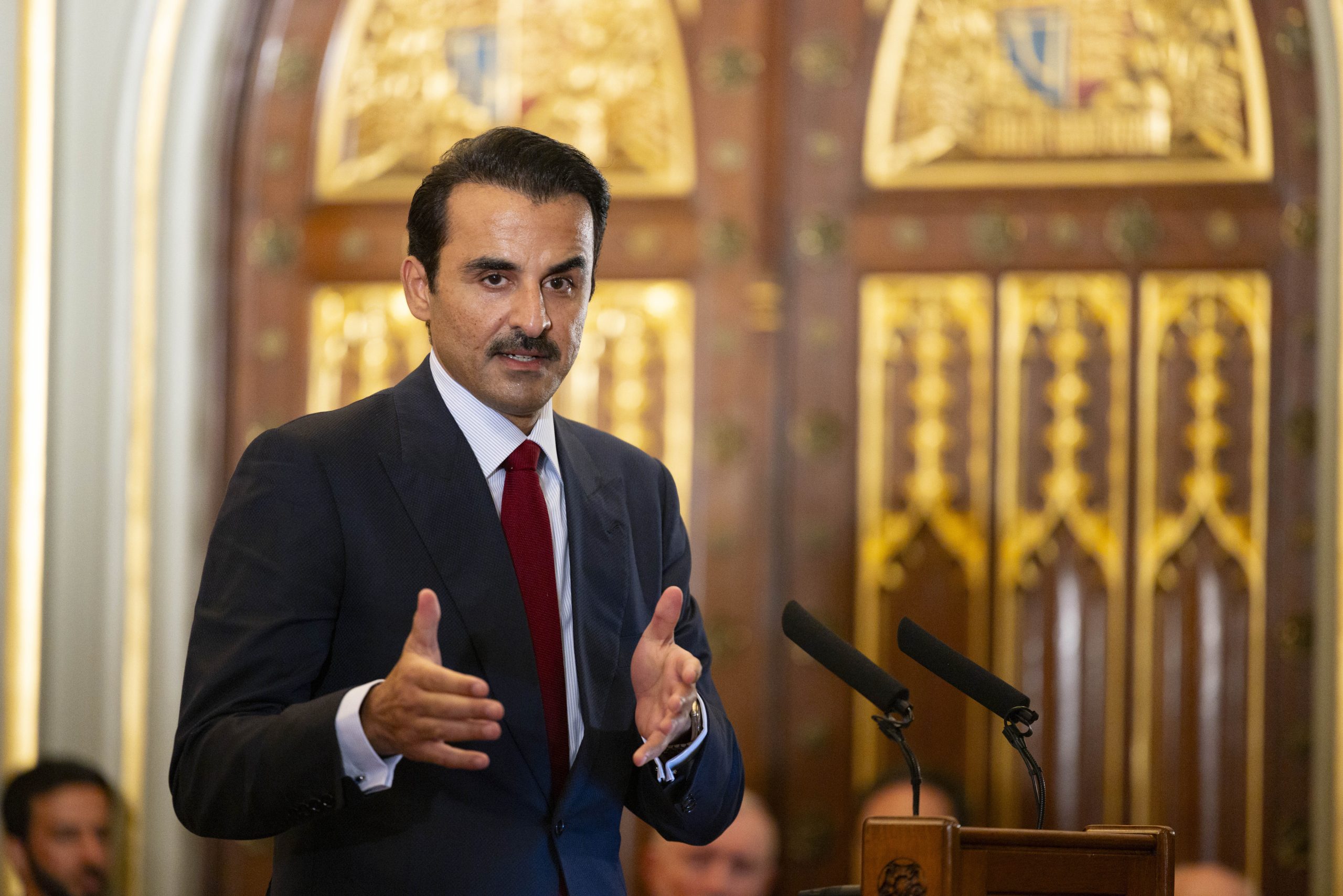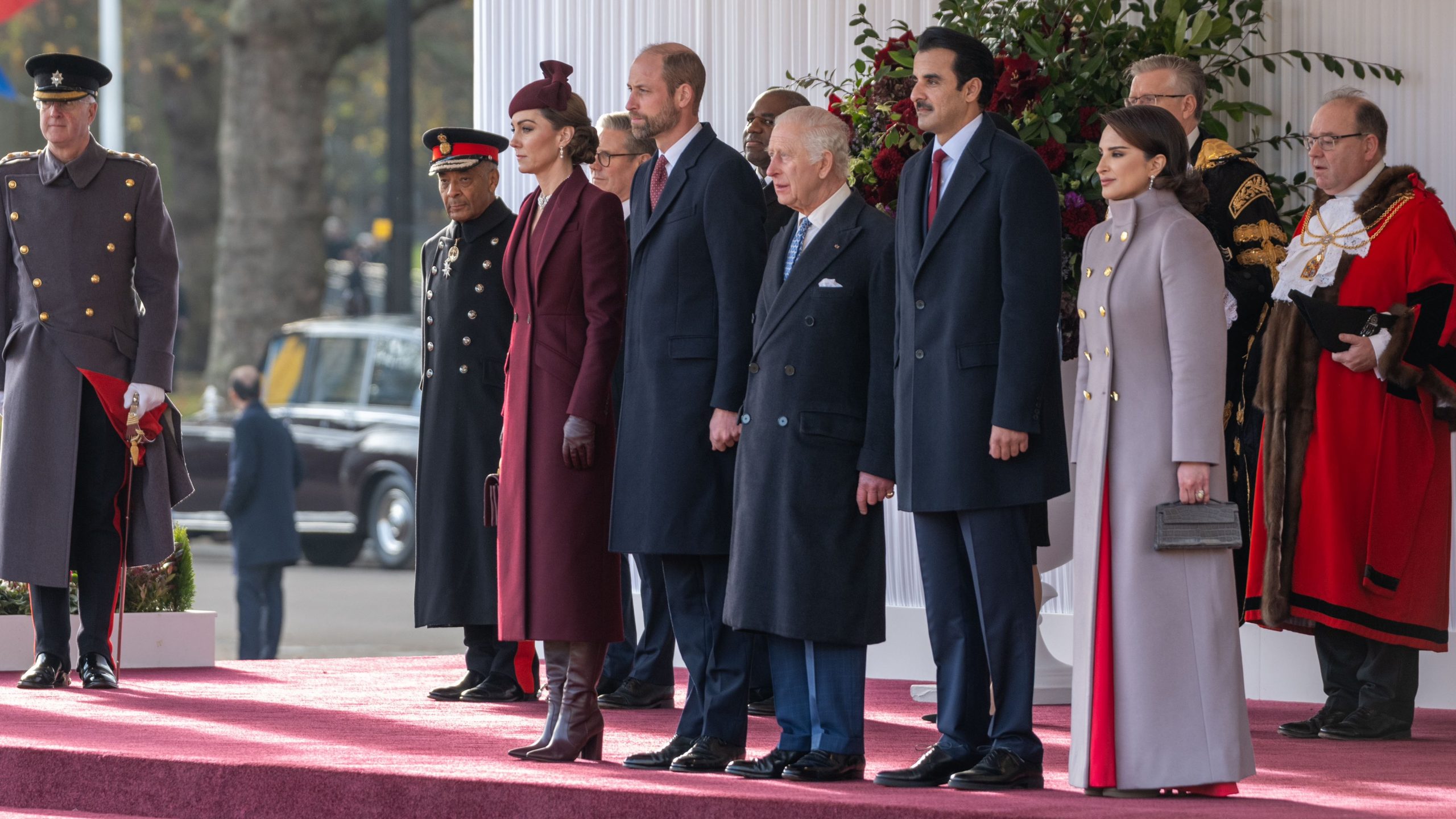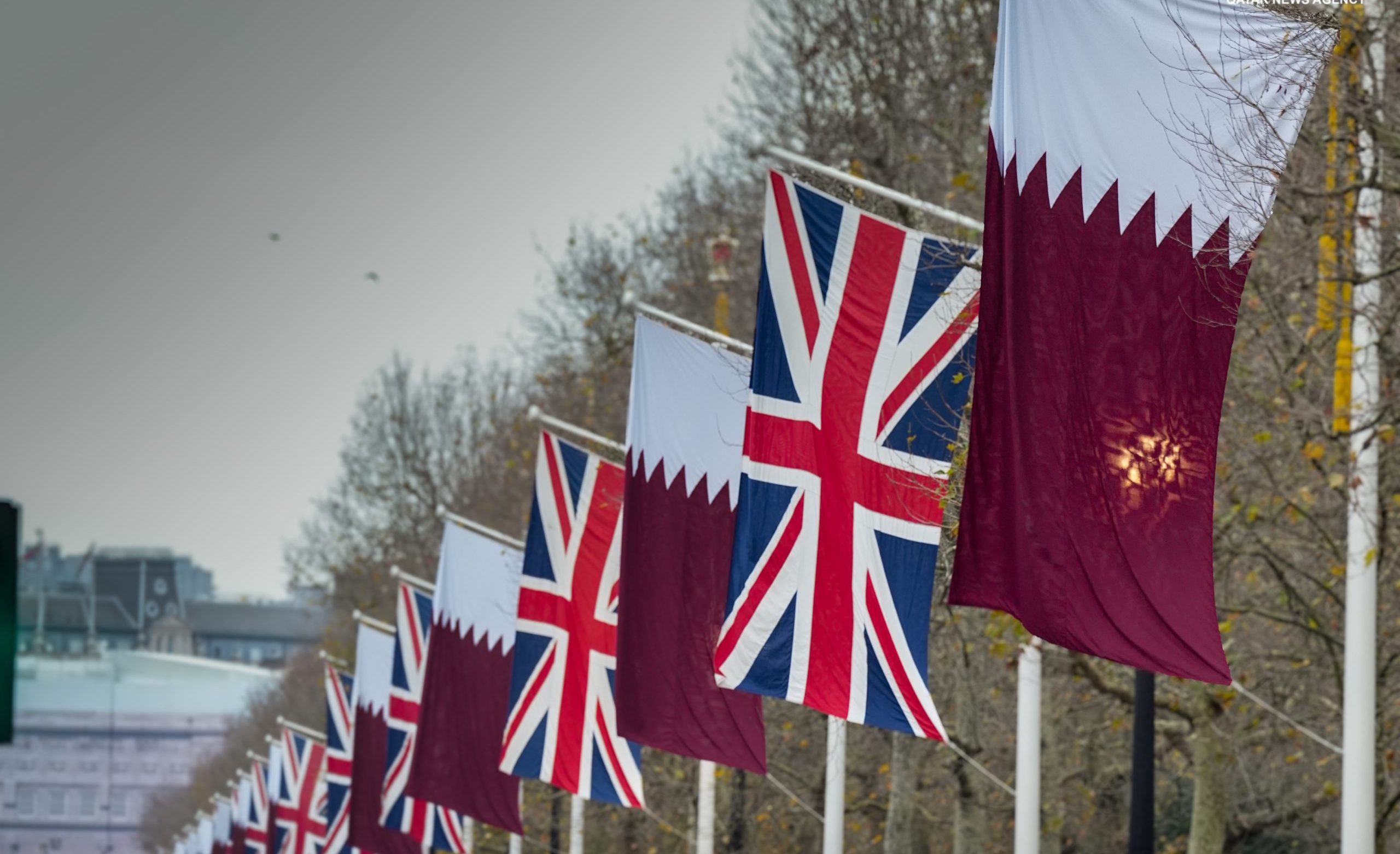
Members of Qatar’s female VIP Protection Unit have recently completed courses in martial arts, medical training and shooting basics with a group of women serving in the US Armed Forces.
The training was done during a two-week skill exchange between nine female US marines and 25 women from Qatar’s Internal Security Force, who serve on a team that guards prominent local females.

While Qatar’s female VIP protection officers have not previously received much publicity, their sisters in Dubai – the 17 female officers in the Dubai Police VIP protection unit – have received positive coverage in the media.
The 17 women perform the same duties as their 100 male colleagues, including working as outriders on motorbikes to escort dignitaries, and protecting them when walking around in public.
According to the a statement from the US Central Command (CentCom), the training with the Qatari group was carried out in late August by a so-called Female Engagement Team (FET), a cohort of female soldiers specifically brought together to help bridge cultural and gender gaps.
FETs have previously been deployed in Iraq and Afghanistan to help American troops gain better intelligence by fostering relationships with local women.

While the FET’s mission in Qatar was not about intelligence gathering, the marines were however “instructed to discuss domestic topics like their home and family lives in order to forge connections with their Qatari counterparts,” the publication said.
The interactions were so successful that members of the nine-woman group told their superiors that a bigger team of marines would have been helpful.
The marines who took part added that they learned a lot from working with the trainees:
“The exchange in itself was better than I even could have imagined. I learned a lot from the culture, as well as from the tactics that the (Qatari forces) used,” Sgt. Jeanette Ventura, an aircraft mechanic, told the Marine Corp Times (MCT).
Meanwhile, First Lieutenant Jennifer Mozzetta, assistant team leader for the FET, told the MCT that she felt the mission had been a success, primarily because it had bolstered relationships between the two forces:
“The doors are open to us. There were no men involved in the training. We were able to be very involved and friendly with them. The biggest takeaway was, there was a lot of discussion about it, and eyes were watching. It really does help foster our relationship with the Qataris.”
Training help
This training initiative is just one example of Qatar’s efforts to bolster its security by fostering partnerships with established military and police forces from around the world.
Just last month, American secretary of state John Kerry said that the US government would help Qatar increase its security options following a new nuclear deal with Iran, which was signed in July.

Many GCC leaders are concerned about the agreement, which involves lifting sanctions on Iran after the country agreed to scale back its uranium enrichment program.
At a news conference following talks in Doha, Kerry pledged to increase intelligence sharing between the two nations, as well as to focus on shared training exercises and navy patrols.
Meanwhile, the British Navy has just held a special training day for officers studying at Qatar’s Joaan Bin Jassim Joint Command and Staff College.

Forty staff and students from Qatar and other GCC countries attended the event on HMS Duncan, the Royal Navy’s newest warship.
The visitors watched a simulation of the ship’s Lynx helicopter intercepting a boat suspected of smuggling, and learned about how the ship protected itself from air and missile attack.
UK Ambassador to Qatar Nicholas Hopton said in a statement that the exercise “gave the next generation of Qatar’s military leaders a clear demonstration of the UK’s long-term commitment to Qatar.”
The ship’s Commander Richard Atkinson, meanwhile, emphasized the importance of such events for forging partnerships between the two countries.
“Military cooperation between nations relies heavily on mutual understanding and I am confident that today’s event will help strengthen already healthy partnerships” he was quoted as saying.
Police force
In recent months, Qatar’s government has also signed agreements and/or worked with various police forces in Canada, France and the UK to help produce highly trained officers who can organize and maintain security for major events like the World Cup.
According to the Qatar embassy in Ottawa, instructors with the Canadian Police College will provide specialized training to students enrolled in the Gulf country’s new police college.
The local police college officially opened last August, with 130 students – mostly Qatari – enrolled in the four-year program.

In addition to Canada, Qatar has had plans in place as far back as 2013 to send students to the UK for part of their training.
Qatar also has a deep security relationship with France.
The country’s Gendarmerie Nationale – the public safety branch of France’s armed forces –honored Lekhwiya commander Sheikh Abdullah bin Nasser bin Khalifa Al Thani with a medal in 2012 for his role in joint exercises between the two forces.
France said it signed an agreement a decade ago for a “substantial training programme” for Qatar’s Internal Security Force and supported the country’s protective efforts for the 2006 Asian Games in Qatar.
Turkish arms exports

In addition to training its defense personnel, Qatar has been spending heavily on weapons in recent years.
Just last year, Qatar’s Armed Forces went on a multibillion-dollar shopping spree, announcing that it was purchasing new tanks, helicopters, warships, missiles and artillery following a major military trade show in Doha.
Now Turkey’s defense industry is hoping that it will be able to take a share of the market, when 67 of its defense companies come together to hold the “High-Tech Port” exhibition in Doha next month.
Speaking to Defense News, Hakan Kurt, High-Tech Port’s general coordinator, said:
“We are targeting exports (to Gulf countries) worth $5 billion in the next 10 years and $20 billion in the next 20 years. Qatar will play the role of a bridge for us to export indigenous products to the Gulf region. It will be our port for exports of systems to the area.”
Thoughts?

